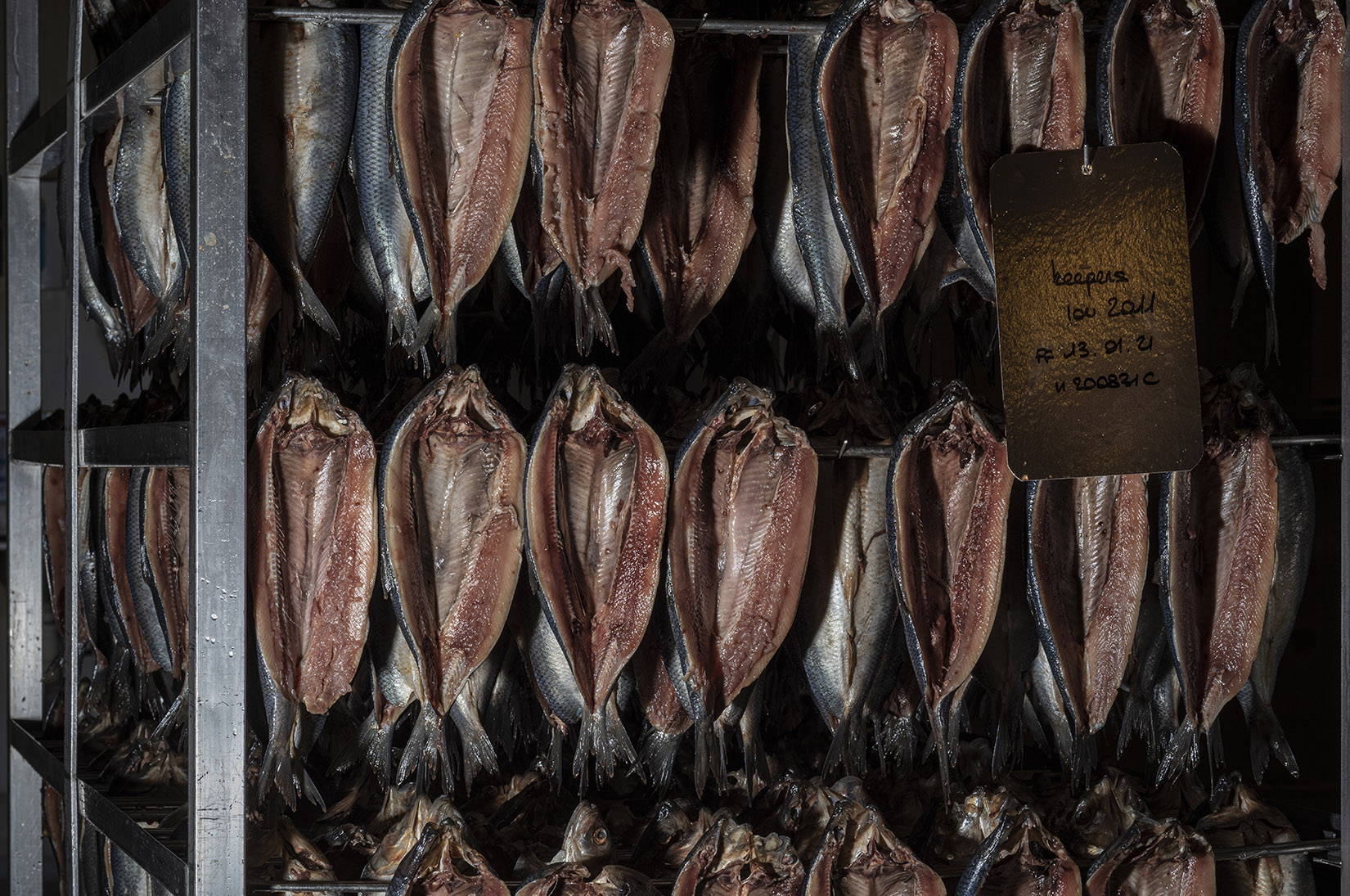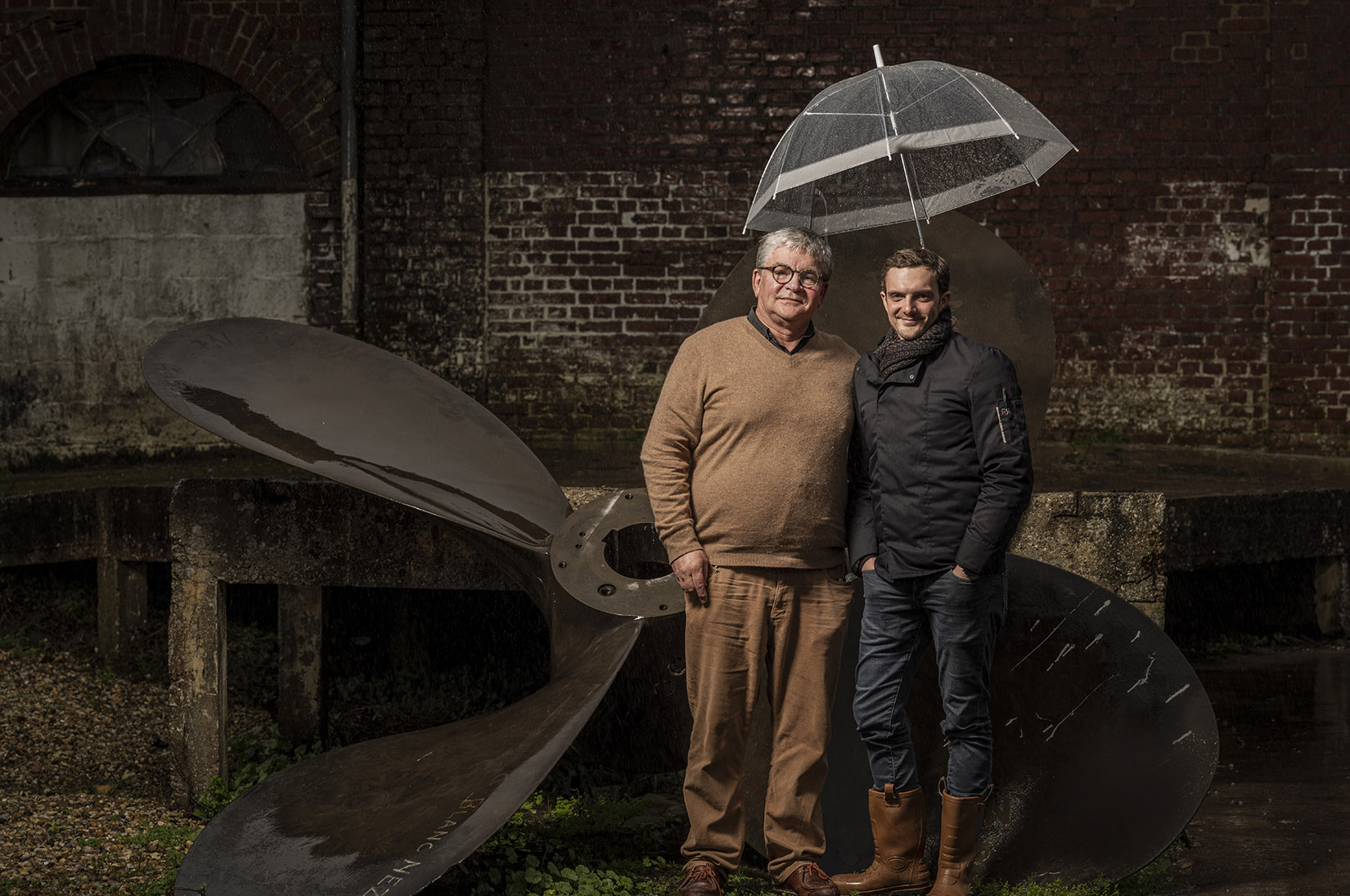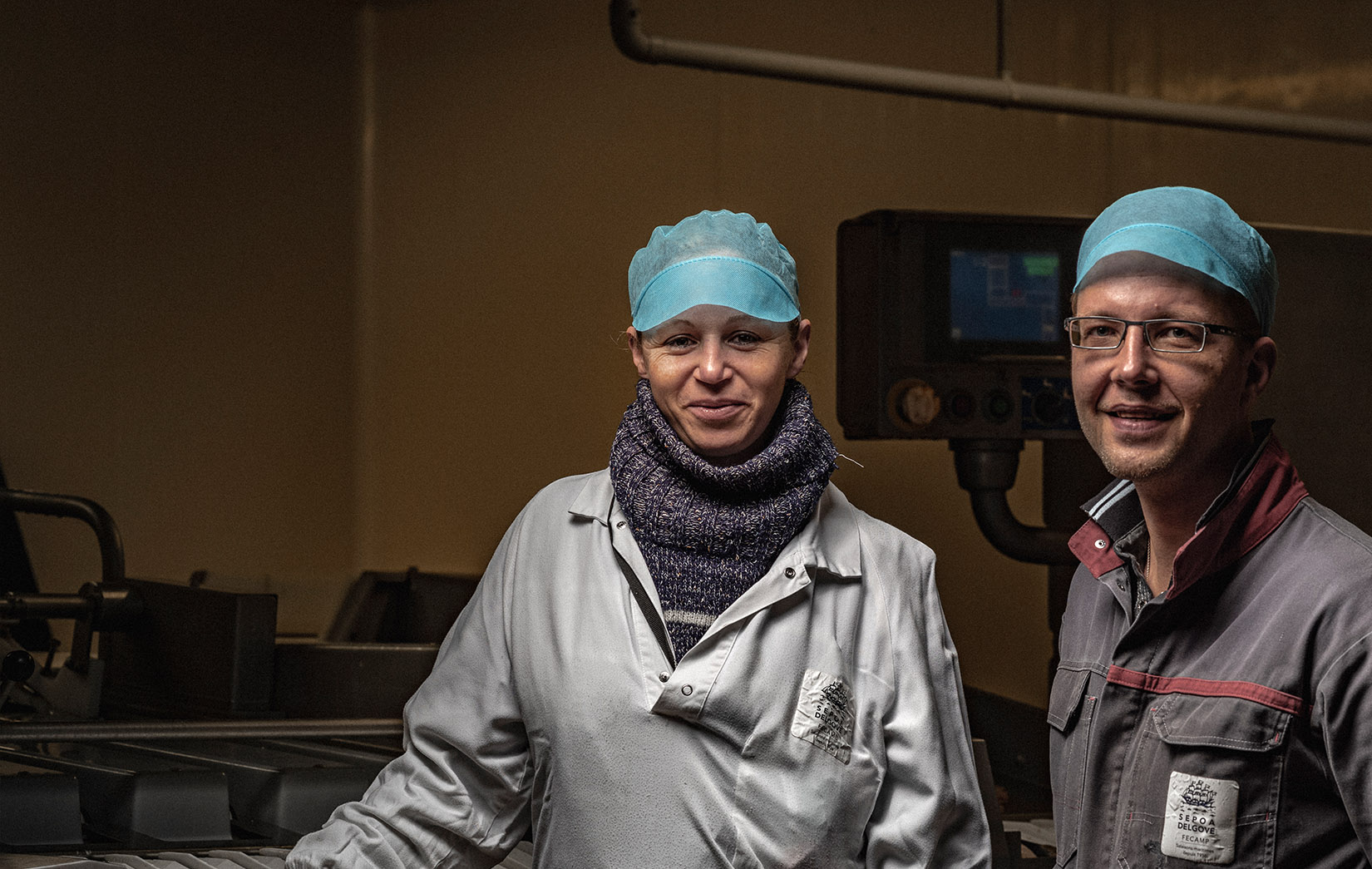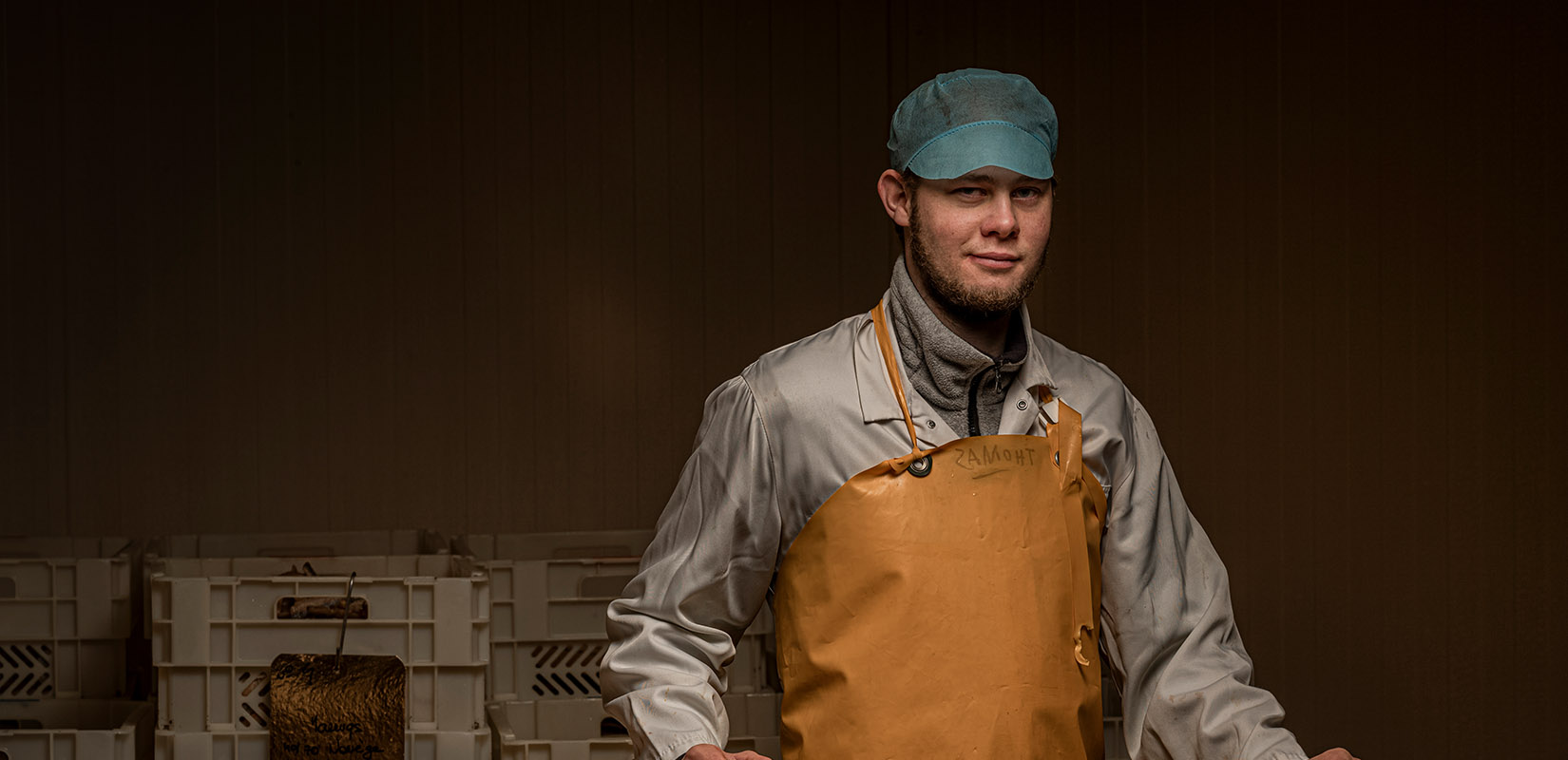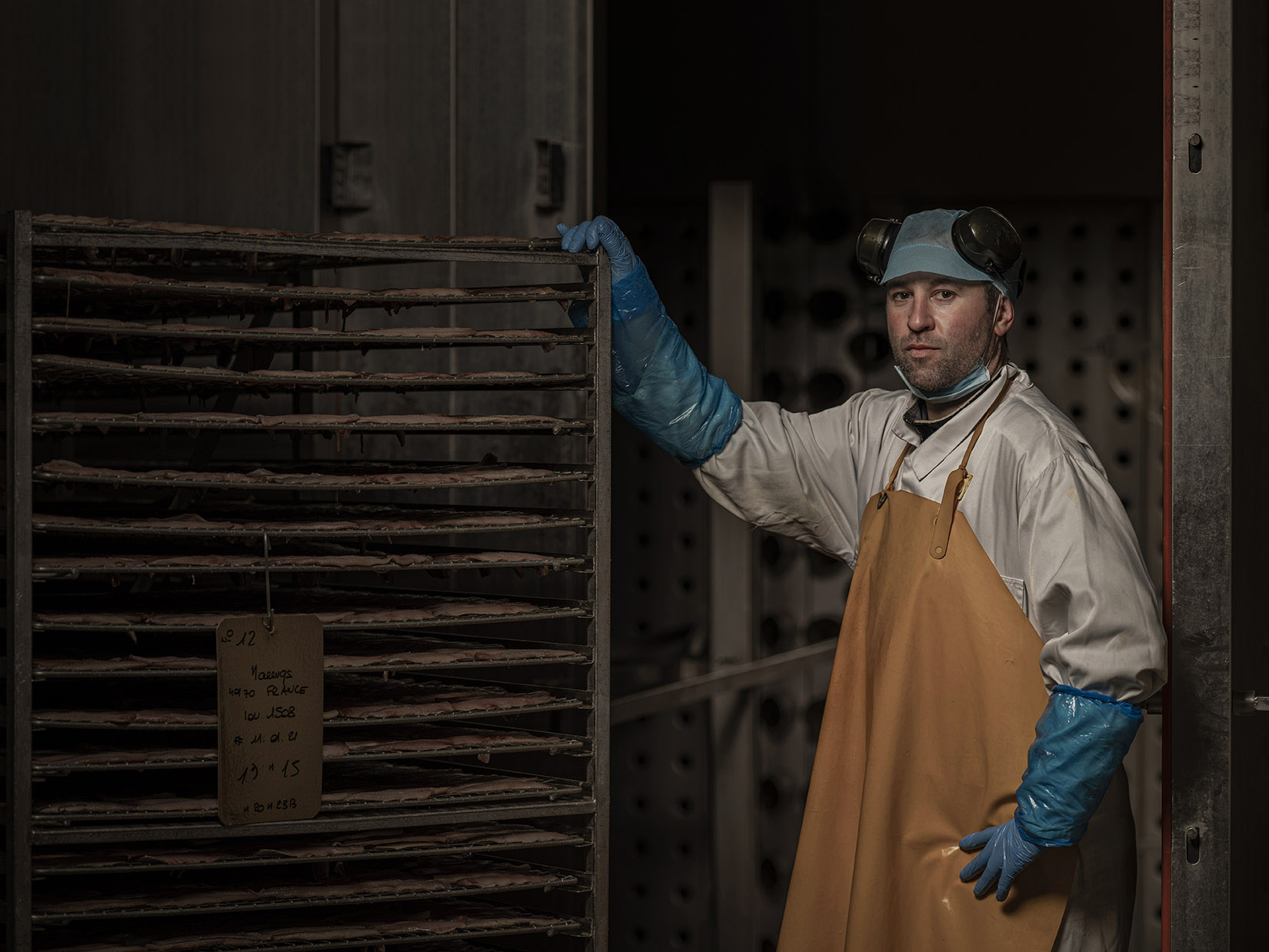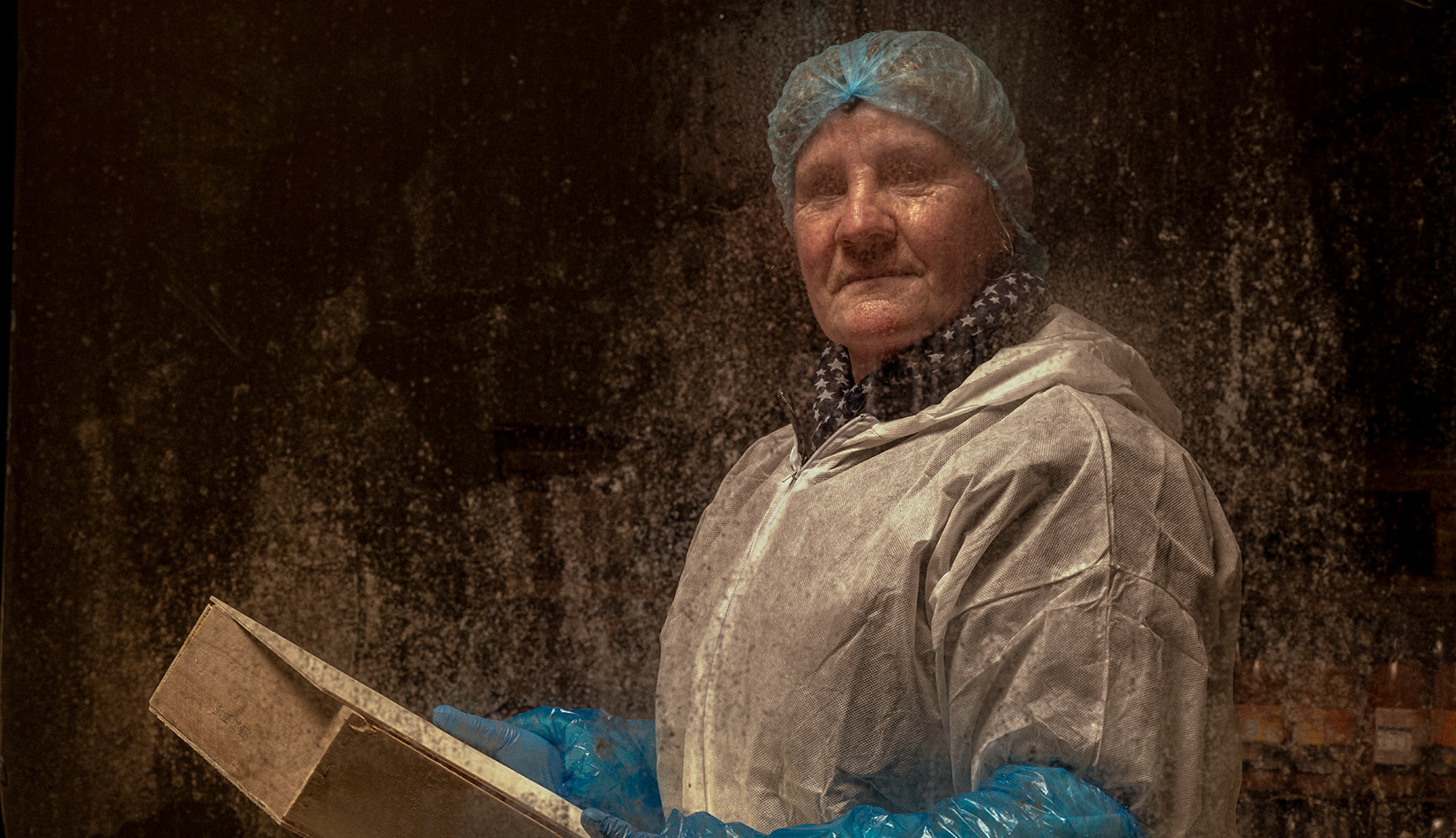The story: a family,
rooted in tradition
and technological innovations
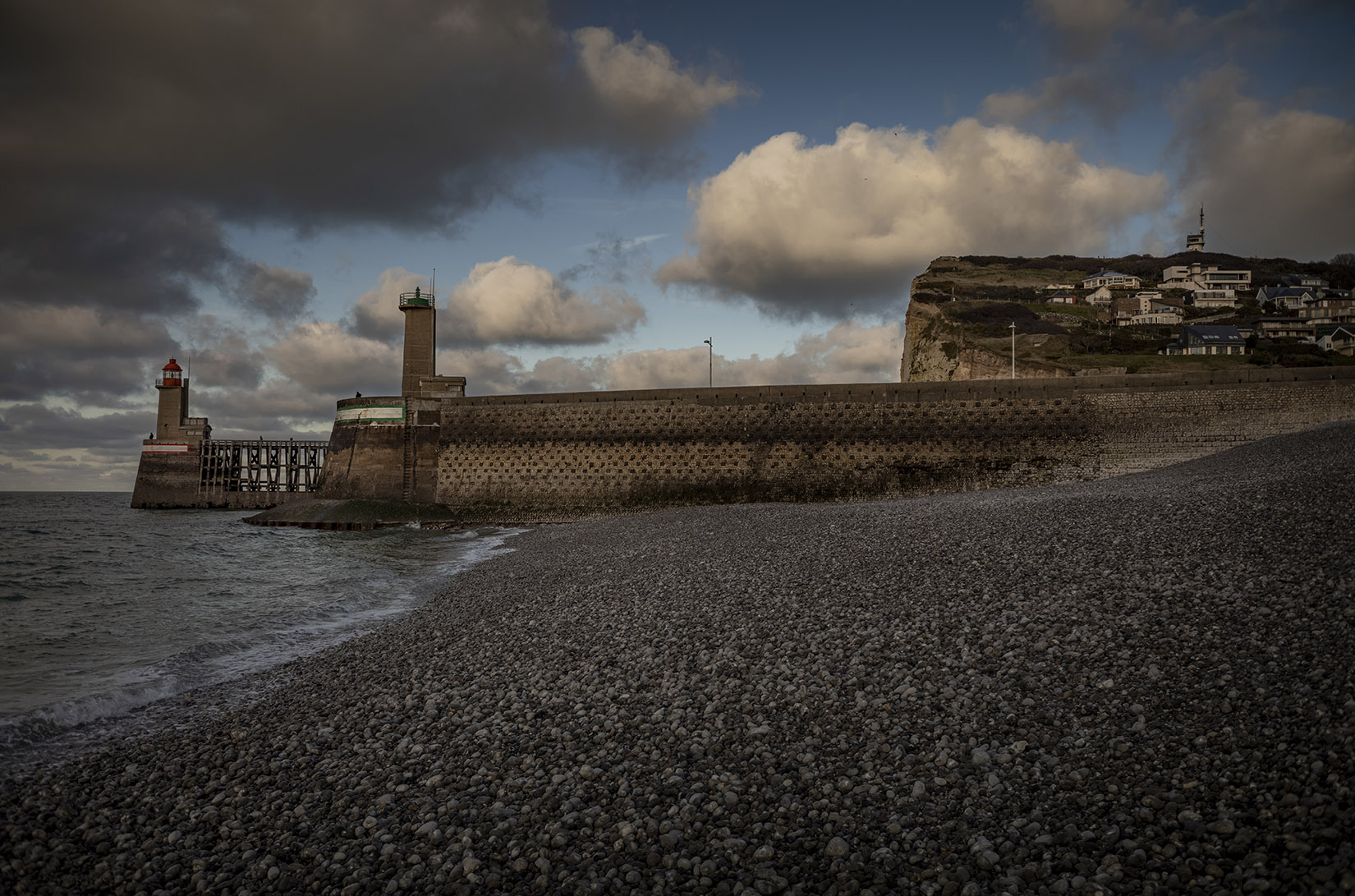
In Fécamp, salting and smoking have existed since the 14th century and in the early 1930s, the SEPOA specialised in cod processing.
Over the years, members of the Lagarde family salted and smoked herring and mackerel in their workshops in Fécamp. At the turn of the 1950s, out of ambition, they equipped their own ship to fish along the Normandy coast.
